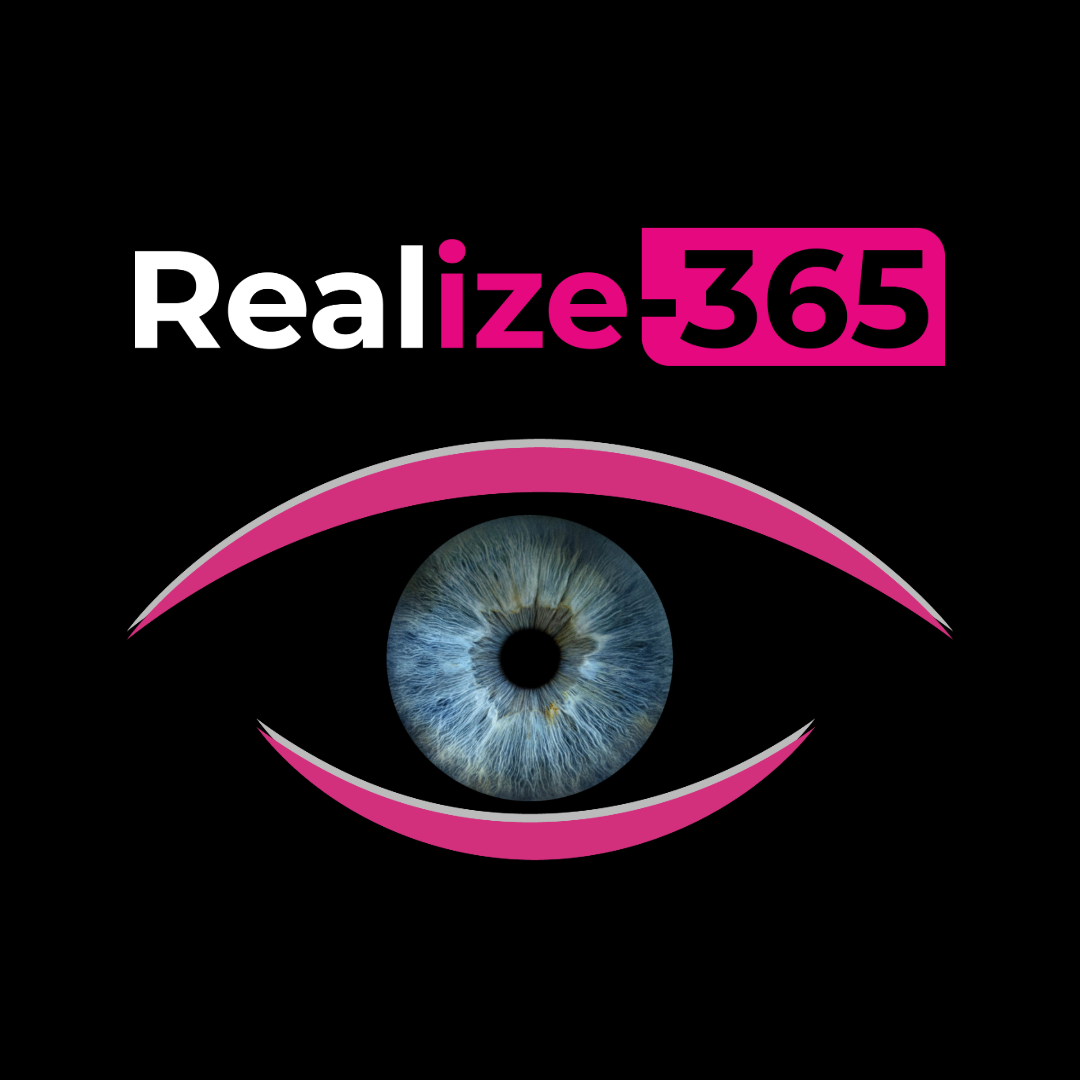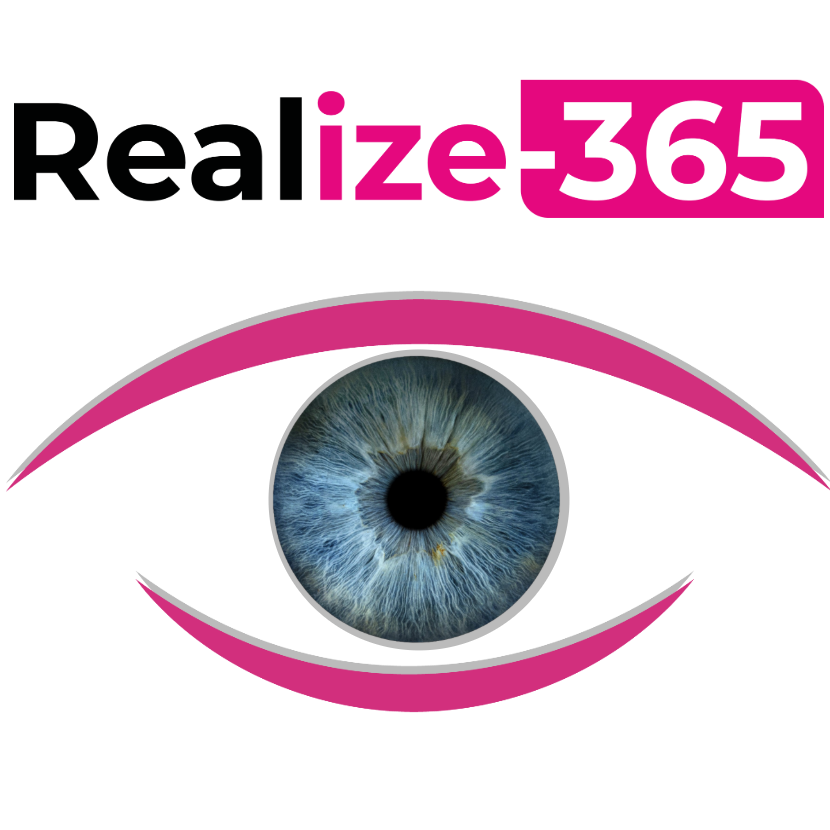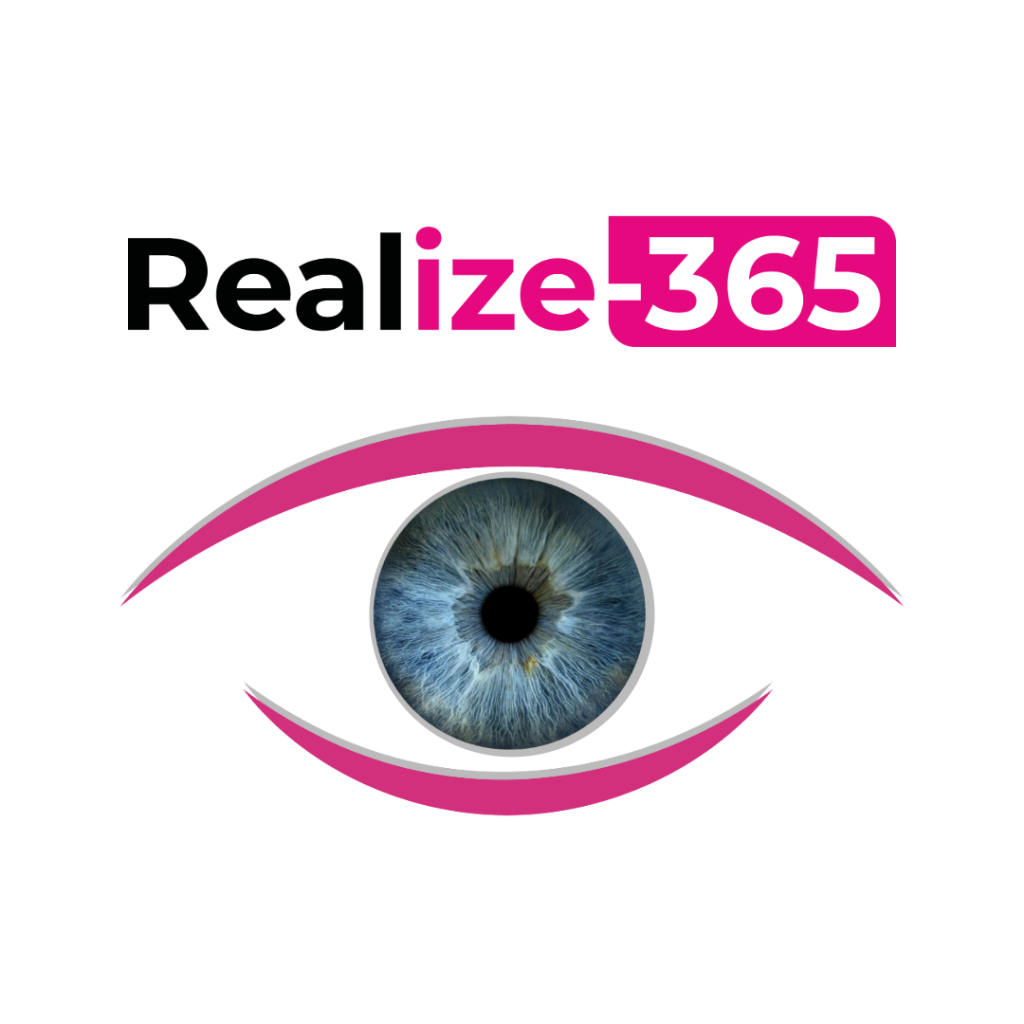Cerebral Palsy
Turning Multidisciplinary Complexity into Clear, Connected Care
Want to know more?

Scenario
Sam, a 4-year-old boy with spastic diplegic cerebral palsy, is admitted for a three-week inpatient rehabilitation program following bilateral hamstring lengthening surgery. His history includes premature birth at 30 weeks (NICU stay 6 weeks), chronic feeding difficulties with GERD, recurrent respiratory infections, and ongoing PT/OT/ST. He uses AFOs for mobility.
As Sam transitions from surgery recovery into intensive rehab, each shift change, therapy session, and care review carries the risk of missed updates, delayed interventions, or inconsistent coordination. Realize-365 centralizes and structures multidisciplinary data, giving all providers real-time visibility and ensuring safety, efficiency, and stronger recovery outcomes.
How Realize-365 Helps
Step 1: Nursing Shift Handoff
Traditional time: 5–7 minutes per handoff, with critical details often omitted
With Realize-365: Instant, structured summary
At 7:00 a.m., the day nurse receives bedside handoff. Pain scores and feeds are discussed, but key precautions such as AFO wear limited to 2 hours, no flexion of left knee past 90°, and wound dressing change schedule, are not mentioned.
Realize-365 automatically generates a live handoff summary, highlighting:
- Pain scores and medication.
- AFO/splinting schedule and mobility precautions.
- Dressing change times.
- Feeding plan with aspiration risks.
Impact:
- Prevents safety errors through structured communication.
- Saves 5–7 minutes per handoff, enabling immediate care.
- Reduces complications that could extend stay (up to $100k per patient).
- Improves hospital protocols and nurse productivity.
Step 2: Early Detection of Respiratory Decline
Traditional time: Subtle changes buried in flowsheets and missed overnight
With Realize-365: Real-time trend recognition and alerts
Overnight, SpO₂ dips to 92% twice (baseline 96–98%), with a rising respiratory rate. Without trend analysis, this isn’t flagged until morning rounds.
Realize-365 triggers an alert:
- “SpO₂ dropped to 92% twice overnight (baseline 96–98%) with RR trending upward.”
- Suggests: “Initiate respiratory therapy assessment to rule out atelectasis or infection.”
Impact:
- Enables early intervention, preventing ICU transfers.
- Optimizes bed capacity and staffing.
- Reduces emergency escalation costs and extended stays.
- Strengthens hospital rapid-response protocols.
Step 3: Morning Physician Rounds
Traditional time: 10–15 minutes reviewing fragmented notes across EMR tabs
With Realize-365: 1–2 minute consolidated summary
Physicians spend rounds piecing together updates across nursing, therapy, respiratory, and pharmacy. Critical changes, such as new mobility restrictions, are easily missed.
Realize-365 provides a consolidated summary:
- Pain avg. 3/10.
- Cleared for supported standing.
- PT initiated assisted gait.
- Wound intact.
- Mild RR increase flagged.
Insight: “Do not allow unsupported standing; postop week 1.”
Impact:
- Increases physician productivity 25–50%, enabling more patients per round.
- Reduces missed or delayed orders.
- Shortens LOS, optimizes throughput, boosts annual revenue by >$10M through referrals, efficiency, and reduced insurance burden.
Step 4: Therapy Sessions (PT/OT/ST)
Traditional time: 5+ minutes verifying restrictions before sessions
With Realize-365: Therapy-ready summaries and imaging integration
Before gait training, the PT needs confirmation of post-op imaging. Without Realize-365, reports may be missed.
The Pulse retrieves findings instantly:
|
Date |
Study & Notes |
Key Findings |
Clinical Relevance |
|
08/12/2025 |
MRI Knee |
Surgical site |
Safe to |
|
08/14/2025 |
X-ray Pelvis |
No hardware |
Continue hip |
|
08/16/2025 |
Surgeon Note |
Cleared for |
May introduce |
Impact:
-
Prevents therapy delays and inappropriate intensity.
- Reduces reinjury risk and costly complications.
- Improves staff productivity and discharge timelines.
- Increases therapy-driven revenue (> $500k/month).
Step 5: Multidisciplinary Team (MDT) Rounds
Traditional time: 20–30 minutes reconstructing updates manually
With Realize-365: Unified summary available at meeting start
MDT rounds often miss cross-cutting issues (e.g., fatigue linked to nutrition).
Realize-365 provides an integrated summary of therapy progress, nutrition, complications, and pending tasks, enabling the team to focus on planning.
Impact:
- Saves $100k+ per day in wasted time.
- Improves coordination and outcomes.
- Reduces 30-day readmissions.
- Supports faster discharge planning and better bed turnover.
Step 6: Evaluating Postoperative Nutrition
Traditional time: 10–15 minutes manually compiling calorie counts and therapy load
With Realize-365: AI-driven adequacy analysis
Dietitian manually totals intake, weight, and therapy load, often with incomplete logs.
The Pulse generates a structured review:
|
Date |
Weight (lbs) |
Tube Feeding Type |
Adjustment Last 7 days |
Daily Calorie Intake (kcal) |
Target Calories (kcal) |
|
02/12/2025 |
31.1 |
Peptamen Junior |
None |
850 |
1000 |
|
02/14/2025 |
30.9 |
Peptamen Junior |
Increased bolus by 10% |
870 |
1000 |
|
02/16/2025 |
30.6 |
Peptamen Junior |
Added high-protein snack |
900 |
1000 |
|
02/18/2025 |
30.9 |
Peptamen Junior |
No change |
850 |
1000 |
Impact:
- Prevents feeding-related complications in high-risk children.
- Accelerates nutritional adjustments by 1–2 days.
- Saves 10–15 minutes per review, enabling focus on complex cases.
- Reduces costly complications, improving recovery and hospital protocols.
Step 7: Assessing Discharge Readiness
Traditional time: 20–30 minutes compiling notes and calls across teams
With Realize-365: One consolidated discharge package
Coordinators traditionally call multiple teams to confirm readiness.
Realize-365 auto-generates a discharge plan including:
- Orthotics/PT/OT follow-ups with calendar and contacts.
- Patient-friendly MAR with icons, photos, and reminders.
- Illustrated wound-care guide.
- Integrated 30-day home therapy plan.
- Securely shareable plan for outpatient teams and family.
Impact:
- Saves 20–30 minutes per discharge (>$100k/month).
- Prevents missed tasks and last-minute delays.
- Improves family experience with clear instructions.
- Reduces readmissions, improves throughput, and increases revenue (~$500k/month).
Clinical Impact
- Time saved: 1–2 hours per inpatient stay across teams.
- Cost savings: $100k+ per patient through avoided complications, escalations, and improved discharge efficiency.
- Safety: Stronger monitoring and standardized protocols reduce errors.
- Efficiency: Improved communication across disciplines and optimized bed turnover.
- Outcomes: Faster recovery, better nutrition, safer therapy, and smoother care transitions.
Realize-365 transforms complex pediatric rehab into a coordinated, high-efficiency care model, ensuring every team member has the insights they need, when they need them.


